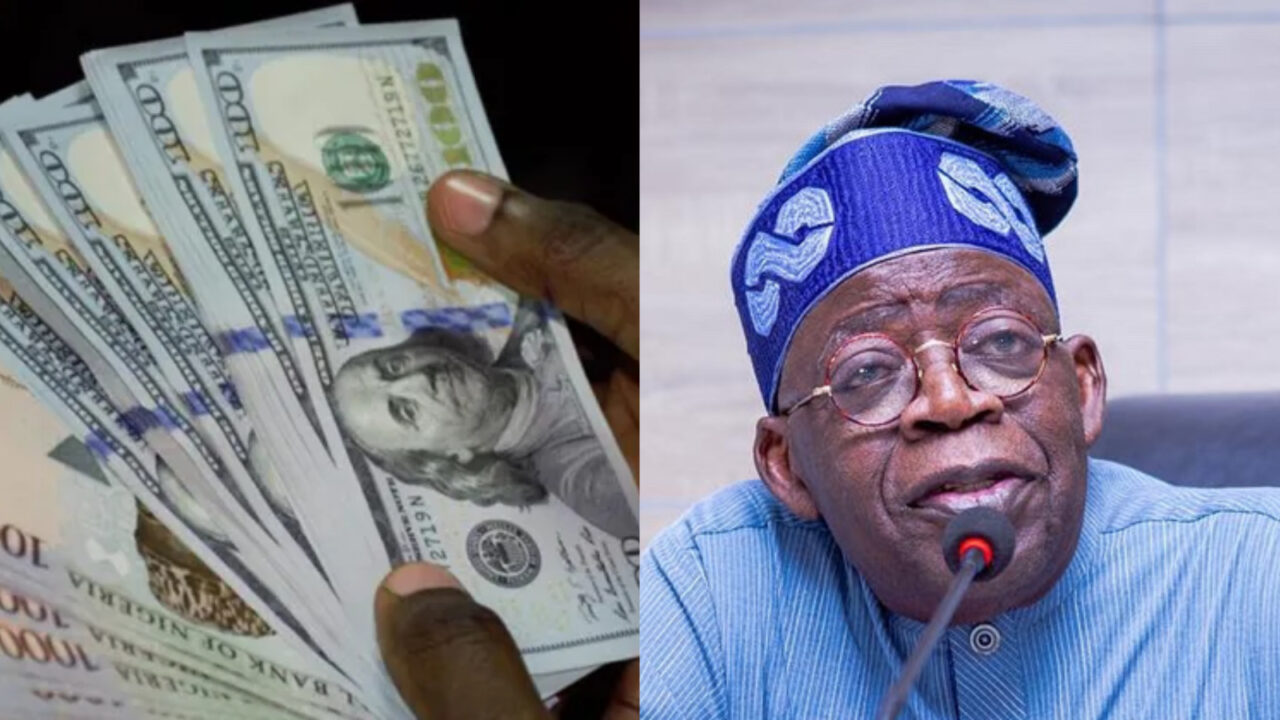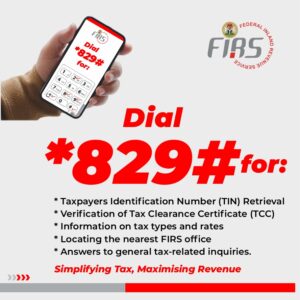Naira has crashed to an all-time low since 2018 under President Bola Tinubu Government.
NewsOnline Nigeria reports that the exchange rate between the naira and dollar sold for an intra-day high of N815/$1 at the official Investor & Exporter Window on Wednesday, June 21, 2023.
This is the highest rate traded for the dollar on the official market since we started tracking records in 2018 when the window was launched.
The exchange rate however closed at N763.17/$ at the close of business on Wednesday depreciating from N756.61/$1 recorded a day earlier.
The disparity in exchange rates closes
Meanwhile, the disparity between the black market and the official exchange rate market closed again on Wednesday with the official rates closing at N763/$1.
- This was close to the black market rate which sold for between N760-N770/$1 depending on who is buying or selling.
- NewsOnline Nigeria reported on Monday that the official and parallel market rates first achieved convergence on Monday, June 19th when they closed at N770.38.
- By achieving exchange rate parity for the third consecutive day, analysts believe the official rate has crossed a critical first step in price discovery.
The three major phases to price discovery are the transition phase, speculation and adjustment phase and the intervention phase.
Under the transition phase, when the newly managed float regime is being implemented market participants need time to understand and adapt to the new framework.
- During this phase, there may be increased volatility and uncertainty as market forces start to influence the exchange rate.
- This is what we are currently experiencing in Nigeria, thus the volatility.
In the speculation and adjustment phase, market participants, such as banks, forex traders, and institutional investors, analyze economic data, policy announcements, and other relevant factors to form expectations about the future exchange rate.
- They may take positions in currencies based on these expectations, leading to fluctuations in the exchange rate.
- As the market becomes familiar with the managed float regime, speculative activity, and adjustments may also occur.
In the intervention phase, the central bank may intervene in the foreign exchange market to influence the exchange rate.
- If the exchange rate deviates significantly from the desired level, the central bank may buy or sell its own currency to stabilize or steer the exchange rate toward the desired direction.
- These interventions can impact market sentiment and influence price discovery.
Other Markets: In the peer-to-peer (p2p) market operated by Binance, the exchange rate traded for around N770/$1 late on Wednesday.






